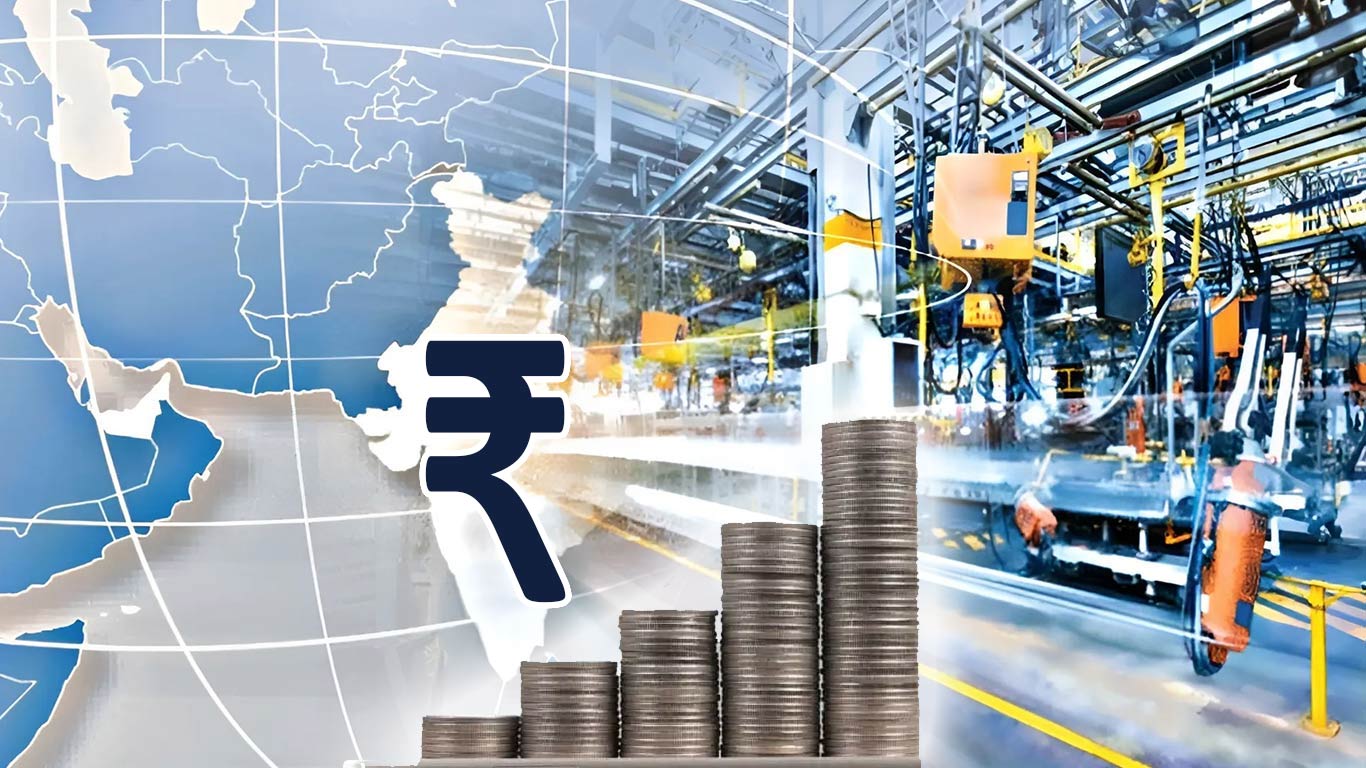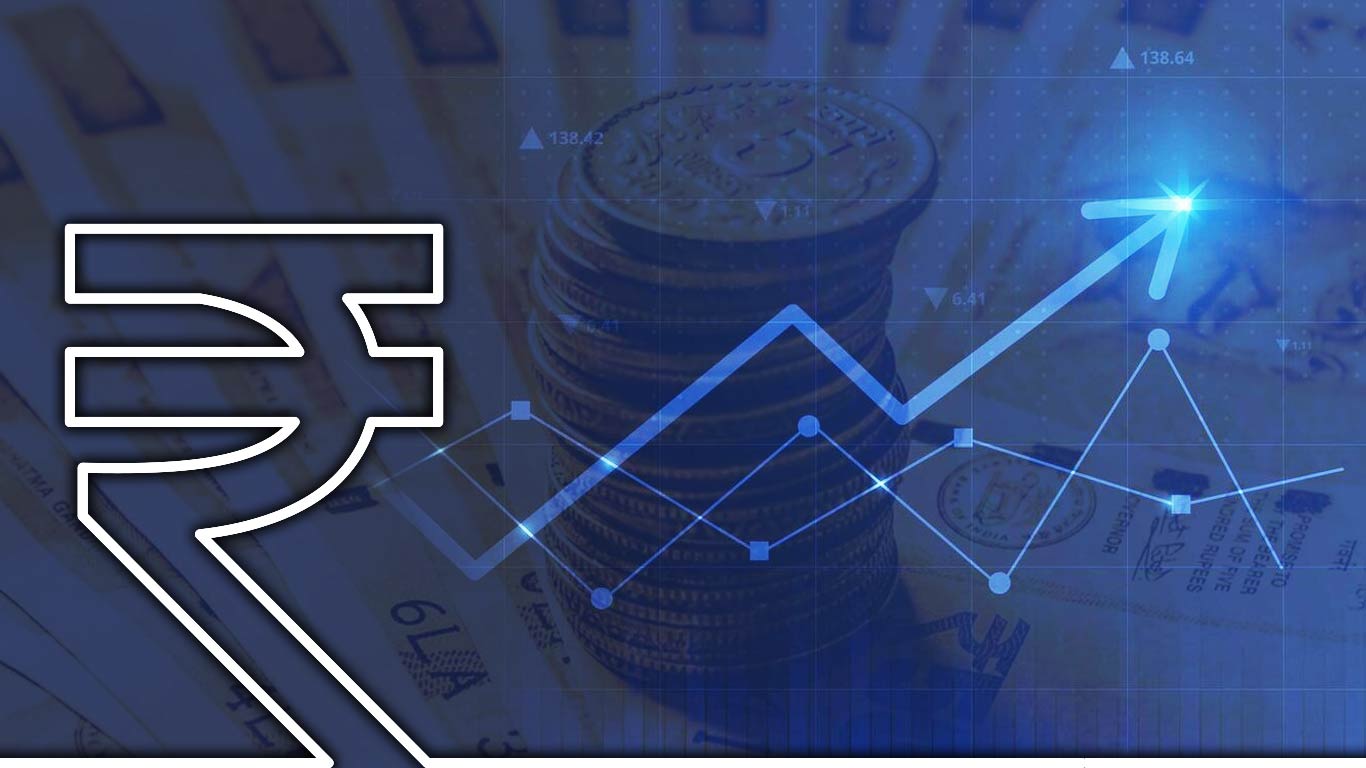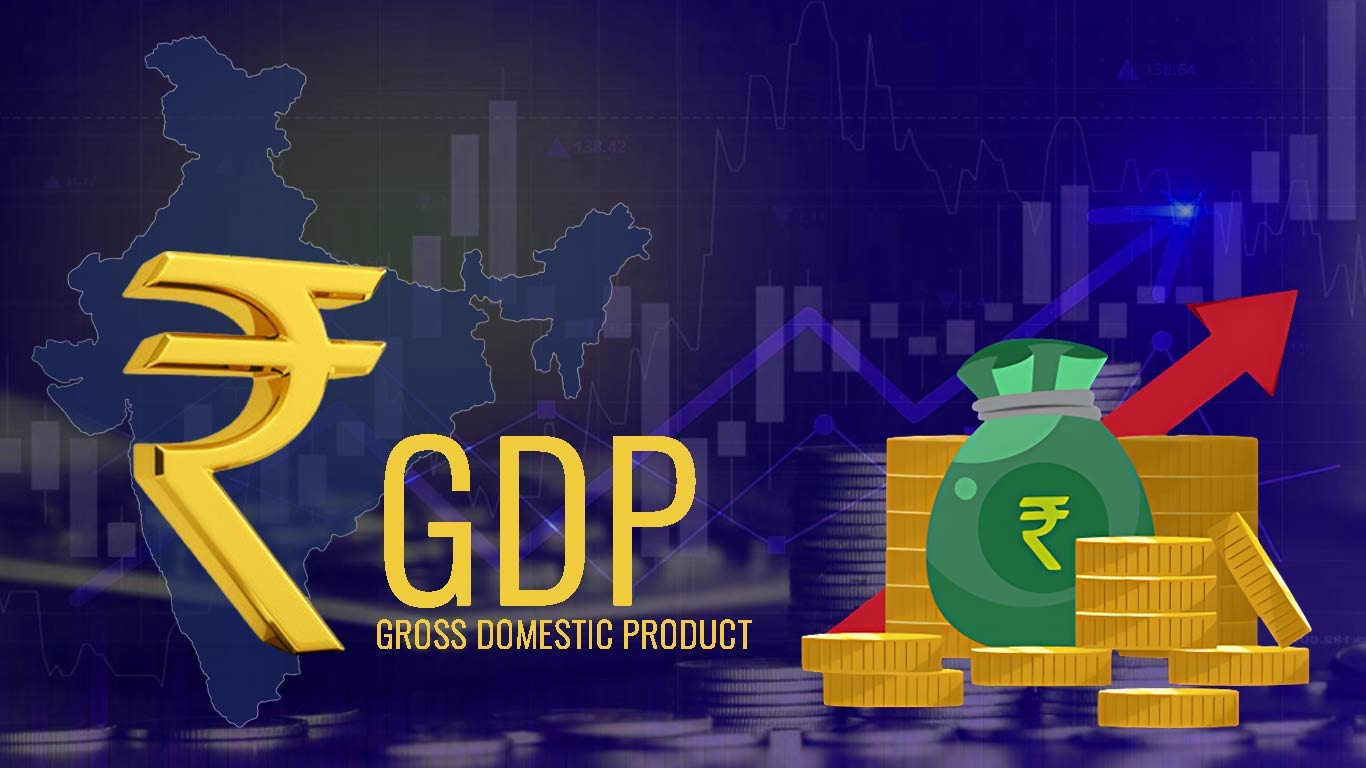Finance Bill proposes amendment to self-assessment tax
Updated: Mar 07, 2013 08:33:10pm
The Finance Ministry feels that several assessees are filing returns without payment of self-assessment tax. It has been proposed to have an amendment, so that the returns can be regarded as defective unless the tax along with interest, if any, payable in accordance with the provisions of section 140A has been paid on or before the date of the furnishing of the return.
Currently, in order to file income tax returns, an assessee computes income and taxes to be filed in the returns. In certain cases, the tax paid either as advance tax or by way of tax deducted at source (TDS) does not meet the requirements of the actual tax payable, owing to incorrect calculation. Self-assessment tax is the shortfall so determined and it needs to be paid before Income Tax Returns are filed.
Hence, whether you are a businessman, a self-employed professional or a company owner, caution should be exercised to calculate your income correctly both while paying advance tax and TDS. Incorrect assessments will be termed defective with immediate effect.
The current provisions stipulated that if an assessing officer suspected a tax self-assessment to be defective; he can notify the assesse to rectify the errors within 15 days; failing which the return was termed defective.
Effective June 1 2013, the amendment in sub-section (9) of section 139 of the IT Act has been proposed to tighten tax nets that a large number of individuals evade by computing their tax payable as lower than the actuals.
Initials reactions suggest that the move would help increase tax revenue and ensure compliance by taxpayers. On the other hand, it may strengthen the tax department enabling them harass the public while attempting to take action against non-compliers. But it will increase the compliance cost of the MSMEs.











